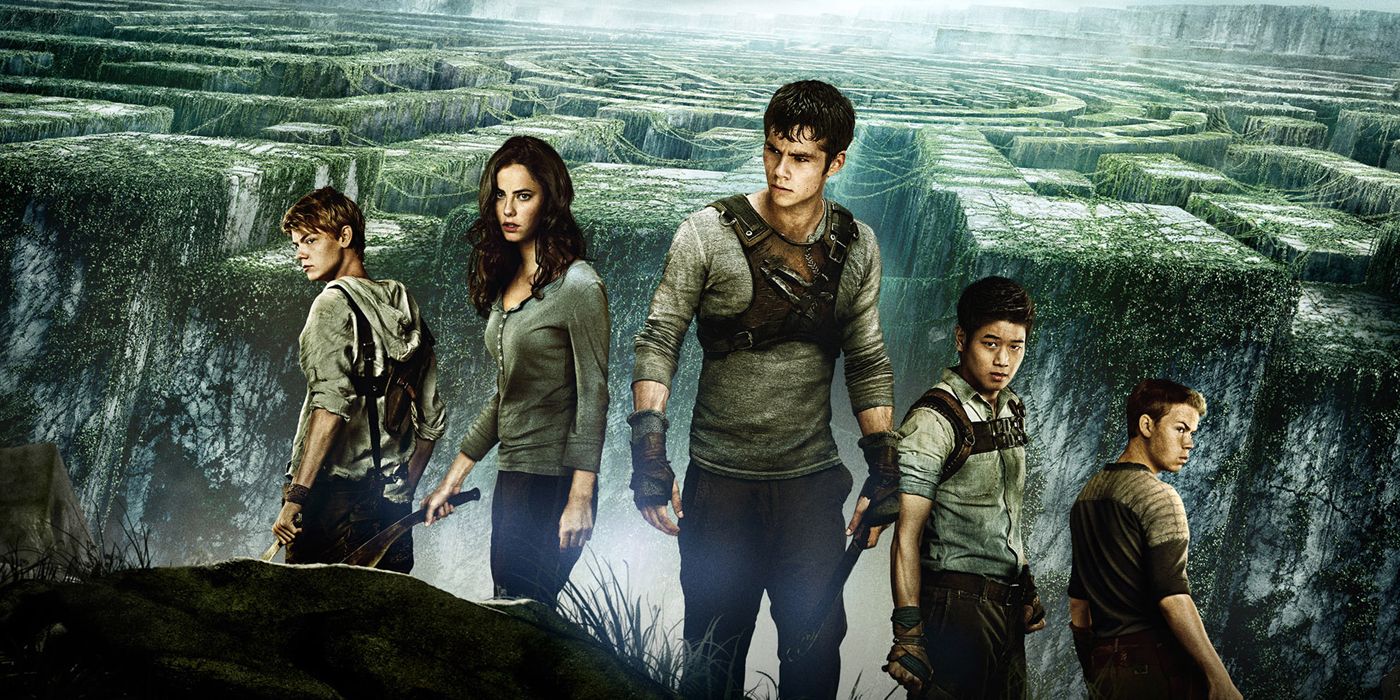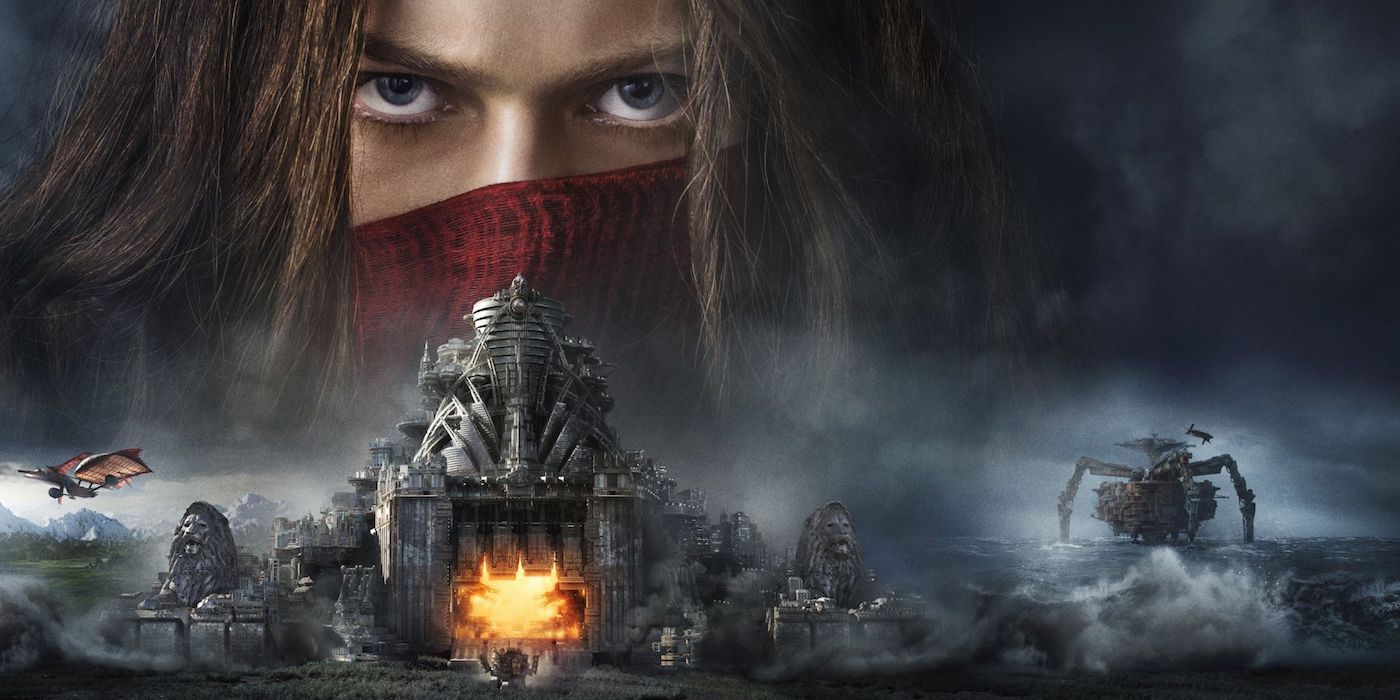It's difficult to believe, but it has been more than a decade since Twilight debuted in theaters, kicking off a wave of young-adult films. That film's box office success led to studios seeking out the most popular YA novels in hope of recapturing that magic, and financial windfall. Lionsgate snatched up the rights to The Hunger Games, which in turn whetted Hollywood's appetite for more dystopian fantasy. However, none that followed ever reached the heights on their predecessor.
The Hunger Games was envisioned as the next big franchise, with nearly every rising actress seemingly up for the lead role of Katniss Everdeen. In the end, it went to Jennifer Lawrence, and helped to catapult her to stardom. The film earned $694.4 million worldwide, and launched a franchise, proving that striking while the iron is hot is essential. Subsequent properties -- Divergent, The Giver and The 5th Wave, for example -- learned that lesson the hard way.
Ironically enough, Lionsgate, which acquired Summit Entertainment following the success of the Twilight films, quickly put the Divergent series into production, hoping to capitalize on the popularity of the novels. Unfortunately, that series failed to truly lift off, with the franchise screeching to a halt after three films -- four were planned -- as box office receipts diminished with each installment. (However, there have been consistent reports that suggest the franchise may conclude on the smaller screen ... at some point.) However, that didn't prevent other studios from trying their luck. For Fox, that meant bringing the bestselling The Maze Runner to the big screen. The first film performed well, grossing $348 million worldwide on a meager $38 million budget. But, like the Divergent series, each new installment earned less than the one that came before, with the film, 2018's The Death Cure, grossing just $288 million.
That franchise proved to be the last of the big YA dystopia wave that only a few years earlier held such financial promise. Take The Giver, for example. Based on the 1993 novel of the same name by Lois Lowry, it was a passion project for actor Jeff Bridges, who also appeared in the 2014 adaption. He revealed in interviews that he had been trying to make the film for 20 years, but it wasn't until the dystopian craze that he was able to secure a studio. Unsurprisingly, the 21 years between the novel's publication and the release of the film adaption seemed to damage its box office, as The Giver only brought in $66 million worldwide on a $25 million budget.
But that film's failure didn't prevent Hollywood from trying again. This time, however, it seemed to learn that timing was vital in an adaptation's success, as it turned its focus to titles such as The 5th Wave and The Darkest Minds, two recent bestsellers whose sequels could provide inspiration for multiple films. However, by that point -- 2016 and 2018, respectively -- the movie-going public seemed to have lost its taste for dystopian stories: The 5th Wave took in $109 million worldwide, while The Darkest Minds finished with just $41 million.
The biggest bomb, however, came with last year's Mortal Engines, which by most accounts should have been a success. It had Peter Jackson behind it as a producer and writer, and Universal Pictures went all out on marketing, including a massive presence at New York Comic Con 2018. And yet, the film didn't even make back its reported $100 million production budget. It resulted in a major write-off for the studio -- in excess of $100 million -- as it's suggested that the actual production budget far exceeded $110 million. So, what went wrong?
RELATED: Mortal Engines' Most Devastating Reviews
The books were popular, and fans seemed excited upon the announcement of the film. But as with The Giver, this appears to have been a case of chasing a title long after its popularity ebbed, as author Phillip Reeve's Mortal Engines was published 17 years earlier. While there may have been an audience a decade ago, or even at the height of The Hunger Games popularity, there simply wasn't enough interest in the title by the time the film premiered in 2018. And it surely didn't help that critics had panned Mortal Engines, calling it a derivative YA adaption.
Unsurprisingly, after multiple young-adult dystopian films have failed to ignite at the box office, studios have instead turned their attention to smaller-scale films that focus on important topics such as Love, Simon and The Hate U Give. While the financial returns on these movies will never reach the heights of The Hunger Games, they've (thus far) proved to be successes, earning praise from fans and critics alike. However, it's only a matter of time before YA dystopia makes a return to the big screen. When it does, one can only hope studios have learned from their earlier failures and opt to pounce while a title is still hot.



